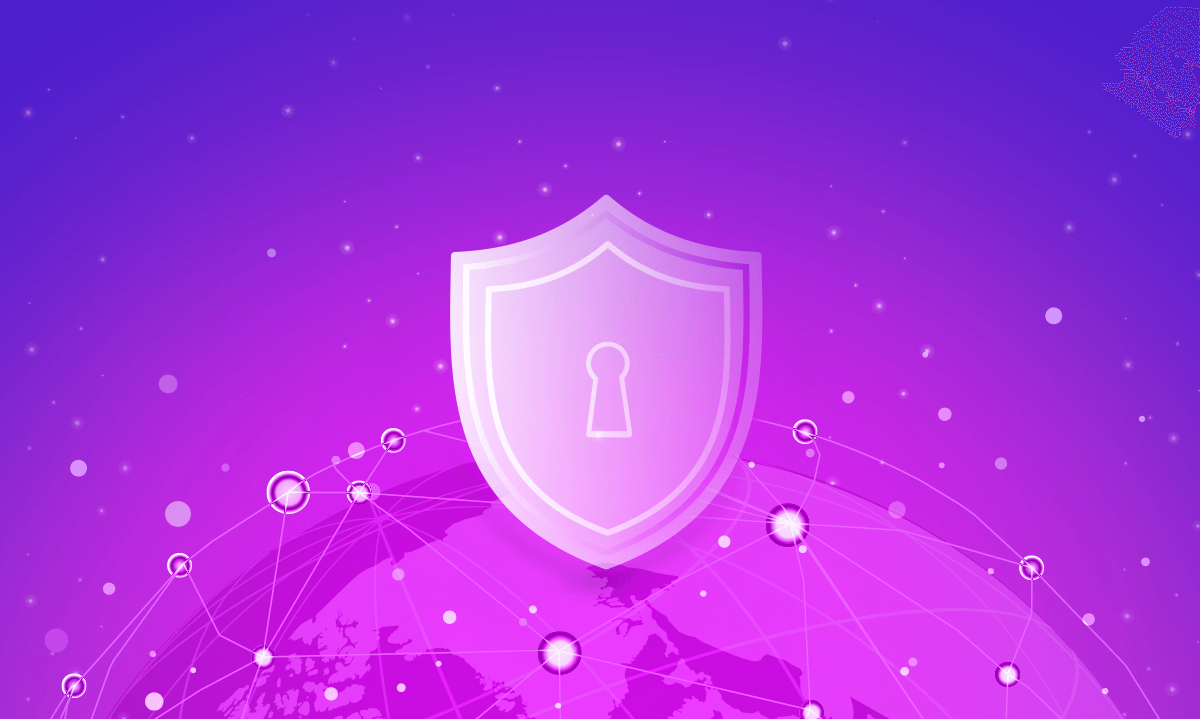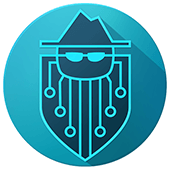7 Cybersecurity New Year’s Resolutions for 2019
The new year is a time of reassessing, making changes, and making commitments to do things differently, this time. When you think about it, it’s an amazing show of human hope and resilience. Every January, we say “I’m going to get in shape/eat better/take control of finances/be kinder.” And, this January, we’d like to add one more thing to the list: Get safe online.
Cybersecurity is increasingly important and 2019 is no exception. Last year we saw the trends of identity theft, corporate hacks, and phishing increase and there’s no reason to believe that won’t continue this year. So start 2019 right by making sure you and your family are taking precautions to protect yourselves online with these seven cybersecurity New Year’s resolutions.
1. Talk about phishing.
Phishing is when cyber criminals use email to target people for theft of personal information. Oftentimes they’ll imitate the names or email addresses of a person the target knows, like a family member or their boss. The least sophisticated ones are usually caught by spam filters, but others utilize a target’s desire to please the important people in their lives to trick them.
So talk to your family about what phishing emails look like. Let everyone know that if an email or a social media message looks or feels even slightly off, they should call or text the person who sent it to confirm that it’s really from them.
2. Install a VPN on all devices.
A Virtual Private Network (VPN) is a piece of software that creates a private, encrypted network for your device, protecting any data that’s sent to or from it over the internet. It creates a secure connection between you and the server, making an encrypted tunnel that data flows through. A VPN can protect you from cyber criminals, the government, or anyone else who’s trying to get a glimpse at your internet activity.
While we recommend using a VPN any time you connect, for ensured security, be sure everyone in your family knows that they have use the VPN when they connect via public WiFi. Public WiFi — like the connections in airports, coffee shops, or anywhere else where a bunch of people have relatively open access to the same network — is especially prone to cyber criminal attacks. So talk about the dangers of public WiFi and make sure everyone is prepared to click on their VPN when they’re accessing the internet anywhere but home and work.
3. Make sure everyone is using a password manager.
Keeping track of the unique passwords for every single account can seem like an impossible task — but it’s really, really important. That’s where password managers come in. With just one, strong master password, you can unlock a digital vault that not only keeps track of all of your passwords, but also autofills them for you. Most even feature a password generator, so you don’t even have to come up with the unique passwords yourself!
So this new year, make sure everyone in your family is set up with a password manager. And if you have kids, make sure you know their master password, just in case.
4. Set up regular backups.
Regular backups of your devices are important not only in case your devices breaks down or is stolen, but also because of ransomware. Ransomware is a type of cyber attack where criminals gain access to your device — and then lock you out of it. They’ll demand money in exchange for getting your data back and sometimes will even threaten to expose personal images. Backing up your devices takes away some of their power by making you less desperate to get everything back.
5. Talk about security updates.
We know that security updates can be annoying. Who hasn’t pushed them aside every once in a while? But security updates are how technology companies make sure that any and all security holes are patched up. Cyber criminals rely on the fact that people are prone to letting security updates lapse and take advantage of those gaps in security. Make sure everyone knows that dealing with identity theft, ransomware, and viruses is much, much more irritating than taking a few minutes to update your software.
6. Set up two-factor authentication everywhere you can.
Two-factor identification is when your accounts require you enter a password and another piece of information that’s generated specifically for that login. A lot of services send a text with a number, for example, that you then enter into the login screen. Sometimes people get irritated with two-factor authentication because it’s one more step that you have to go through in order to access your accounts. But, like so many other things on this list, it’s important to remember that it’s much less irritating than dealing with a cyber attack.
7. Check to make sure everyone is using lock screens and passwords.
This is a super easy cybersecurity New Year’s resolution! Make sure everyone in your family is using PIN or fingerprinted-protected lock screens and passwords for computers. So much of personal information is stored on our devices — the least we can do to protect is make sure it’s covered by a PIN, fingerprint, or password.
The battle between cyber criminals and the rest of us is, unfortunately, not ending any time soon. So put up your best defenses and resolve to take these cybersecurity steps for 2019.
Share this postInstall Tenta Browser Free!
Start protecting your online privacy today with Tenta Browser.



